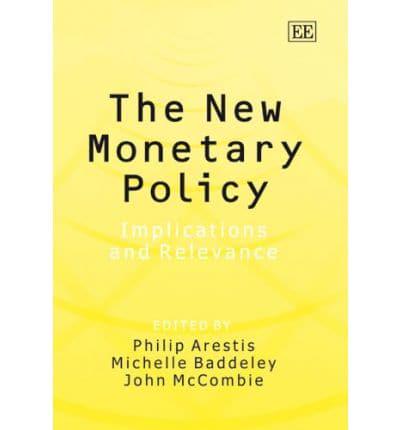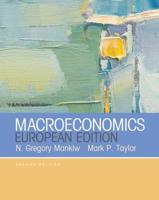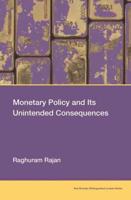Publisher's Synopsis
Recent developments in macroeconomic and monetary thinking have given a new impetus to the management of the economy. The use of monetary policy by way of manipulating the rate of interest to affect inflation is now well accepted by both academic economists and central bank practitioners. Beginning with an assessment of new thinking in macroeconomics and monetary theory, this book suggests that many countries have adopted the New Consensus Monetary Policy since the early 1990s in an attempt to reduce inflation to low levels. It goes on to illustrate that the explicit control of the money supply, which was fashionable in the 1970s and 1980s in the UK, US, Europe and elsewhere, was abandoned in favour of monetary rules that focus on interest rate manipulation by the central bank. The objective of these rules is to achieve specific, or a range of, inflation targets.
Bringing together a distinguished cast of international contributors, this book presents a collection of papers, which discuss the following issues amongst others:
- the stability of the macroeconomic equilibrium
- monetary policy divergences in the Euro area
- stock market prices
- the US post-'new economy' bubble
- the information economy
- inflation targeting.
This useful analysis of New Consensus Monetary Policy will be of great interest to financial economists and international monetary economists, as well as students and scholars of macroeconomics and finance.











